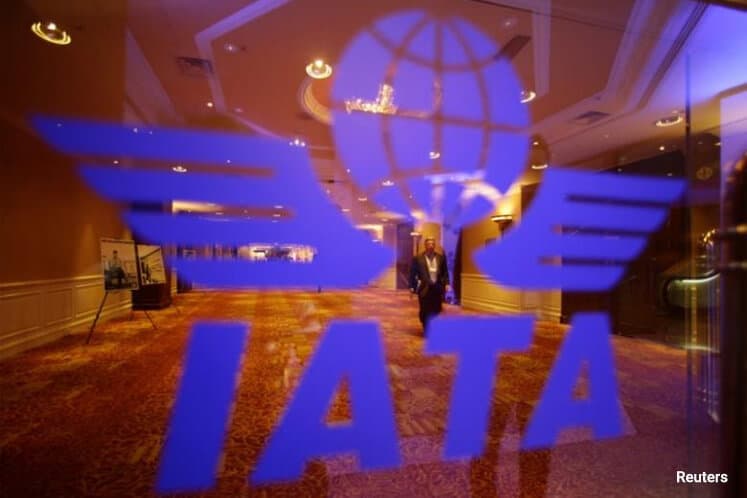
KUALA LUMPUR (Oct 2): Global air freight markets showed that demand, measured in freight tonne kilometers (FTKs), rose 2.3% year-on-year in August, according to the International Air Transport Association (IATA).
In a statement yesterday, IATA said this pace of growth was unchanged from the previous month but was less than half the five-year average growth rate of 5.1%.
It said freight capacity, measured in available freight tonne kilometers (AFTKs), grew by 4.5% year-on-year in August 2018.
IATA said this was the sixth month in a row that capacity growth outstripped demand growth.
It said yields, however, appear to be holding up.
The international aviation group said growth is being supported by a number of factors, including buoyant consumer confidence, an upturn in the global investment cycle and growing international e-commerce.
However, demand is being negatively impacted by three factors:
- A broad-based weakening in manufacturing firms’ export order books. Specifically, export order books in Europe, China, Japan and Korea have fallen in recent months.
- Longer supplier delivery times are being reported by manufacturers in Asia and Europe, the top two global trading areas by volume. This typically means that they have less need for the speed afforded by air freight.
- Risks to global trade from the recent escalation in trade tensions.
IATA director general and CEO Alexandre de Juniac said August demand for air cargo grew at 2.3%, unchanged from the previous month.
He said buoyant consumer confidence, the growth of international e-commerce and the broad-based global economic upturn are behind the growth. But there are downside risks.
“Order books are weakening and supply delivery times are lengthening. And the growing trade tensions are a specter over the industry.
“The early focus of tariffs was not on products typically carried by air. But as the list of tariffs grows so does the air cargo industry’s vulnerability.
“And, we can expect souring trading relations to eventually impact business travel. There are no winners in trade wars,” he said.